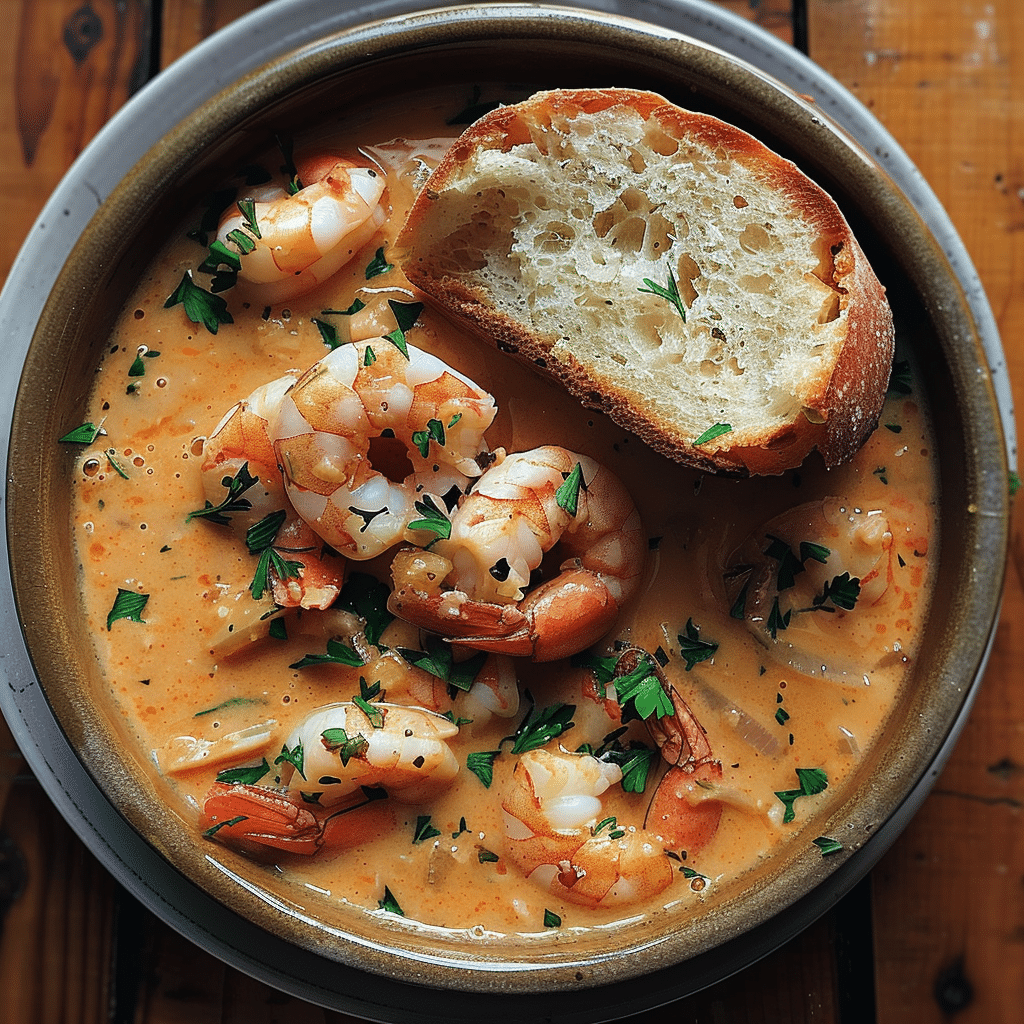Beans, a staple in various cuisines worldwide, are renowned for their nutritional richness, providing a substantial source of protein, fiber, vitamins, and minerals. With an increasing emphasis on healthy eating, many ponder the optimal time to consume these nutritional powerhouses. Particularly, “Is it good to eat beans at night?” This article explores the benefits and potential concerns of eating beans at night, offering culinary suggestions and addressing common questions to guide you through integrating beans into your nighttime regimen seamlessly.
What Are Beans and Their Nutritional Value?
Beans belong to the legume family, offering a versatile and nutritious addition to your diet. They are packed with essential nutrients, including protein, which is crucial for muscle repair and growth, especially if you’re physically active. The fiber content in beans aids in digestion and can contribute to a feeling of fullness, potentially aiding in weight management. Moreover, beans are a rich source of vitamins and minerals, such as iron, which is vital for transporting oxygen through the bloodstream, and folate, essential for cell division and DNA synthesis.
Importance of Meal Timing: Is Night Time Different?
The timing of your meals can play a pivotal role in digestion and overall health. Eating a balanced meal at night, including beans, can provide your body with the necessary nutrients to repair and rejuvenate during sleep. However, it’s crucial to consider the portion size and give yourself ample time to digest before bedtime to avoid any discomfort.
Benefits of Eating Beans at Night
In the quest for a balanced diet, many often ponder the question, “Is it good to eat beans at night?” The answer is a resounding yes, and the benefits are plentiful. Integrating beans into your nighttime meals can significantly contribute to your overall health and well-being. Let’s delve into the specific advantages and explore why beans are a fantastic choice for dinner.
Rich in Nutrients, Low in Calories
Beans are a powerhouse of nutrients, providing essential vitamins, minerals, and antioxidants with a relatively low-calorie count. Including them in your nighttime meals ensures your body receives a nutrient-dense food option, supporting various bodily functions and promoting optimal health.
A Source of Sustained Energy
Thanks to their complex carbohydrates and fiber content, beans release energy slowly and steadily, ensuring a constant energy supply throughout the night. This is particularly beneficial for maintaining stable blood sugar levels, which is crucial for everyone, especially those managing diabetes.
Promotes Digestive Health
The high fiber content in beans plays a vital role in promoting digestive health. It aids in regular bowel movements, preventing constipation and supporting a healthy gut microbiome. Including beans in your evening meals contributes to a smooth digestive process, ensuring you wake up feeling light and refreshed.
Supports Heart Health
Beans are known for their heart-healthy properties. They contain soluble fiber, which has been linked to lower blood cholesterol levels, reducing the risk of heart disease. Furthermore, beans are a good source of folate, potassium, and magnesium, all of which contribute to maintaining a healthy heart.
Aids in Weight Management
For those looking to manage their weight, beans are a great addition to the diet. Their high protein and fiber content contribute to a feeling of fullness, reducing overall calorie intake. Including beans in your nighttime meals can be a strategic move to curb late-night snacking and support your weight management goals.
Contributes to Muscle Repair and Growth
Beans are an excellent source of plant-based protein, essential for muscle repair and growth. Consuming them at night provides your body with the necessary building blocks to repair muscles while you sleep, ensuring you wake up ready to tackle the day ahead.
Improves Sleep Quality
Certain types of beans, such as black beans, contain magnesium, a mineral known for its role in improving sleep quality. Including beans in your nighttime meals could potentially contribute to a more restful night’s sleep, ensuring you wake up rejuvenated.
Potential Concerns and Solutions
When considering the nightly consumption of beans, it’s paramount to discuss the potential concerns and viable solutions to ensure a balanced and holistic view. Beans are packed with nutrients, but they can also pose some challenges for certain individuals. Let’s delve into these aspects more thoroughly.
Addressing Common Digestive Issues
Beans are infamous for causing digestive issues such as bloating, gas, and discomfort for some individuals. This is primarily due to oligosaccharides, a type of sugar found in beans, which can be hard to digest. However, these issues can be mitigated. Firstly, soaking beans overnight before cooking can help to break down these sugars, making the beans easier to digest. Additionally, thoroughly rinsing canned beans can remove excess sodium and oligosaccharides. Furthermore, introducing beans gradually into your diet allows your digestive system to adapt, reducing the likelihood of discomfort.
Tips for Avoiding Discomfort
Preventing discomfort is key when adding beans to your nightly meals. Firstly, it’s crucial to pay attention to portion sizes; starting with smaller amounts and gradually increasing can be beneficial. Secondly, combining beans with other digestible foods can create a balanced meal, reducing the likelihood of digestive distress. Additionally, incorporating herbs and spices known to aid digestion, such as ginger or peppermint, can provide further relief.
Debunking Myths and Providing Clarity
There are various misconceptions about eating beans at night, and it’s important to separate fact from fiction. One common myth is that beans can lead to an uncomfortable night’s sleep. However, when prepared and consumed correctly, beans can actually contribute to a restful night due to their protein and fiber content. By addressing these myths and providing clear, evidence-based information, individuals can make informed decisions about including beans in their nightly meals.
Alternative Food Options if Beans Don’t Suit You
For those who find that beans consistently cause digestive distress, there are alternatives. Other legumes like lentils or chickpeas might be gentler on the stomach while still providing similar nutritional benefits. Additionally, incorporating a variety of vegetables, whole grains, and lean proteins can ensure a balanced diet, even without the inclusion of beans.
Culinary Ideas: Integrating Beans into Your Night Meal
When it comes to enriching your nighttime meals with both flavor and nutrition, integrating beans is a fantastic option. Not only are they versatile and delicious, but they also offer a plethora of health benefits that can contribute to a balanced diet. Let’s explore some creative and tasty ways to incorporate beans into your evening cuisine.
1. Hearty Bean Soups and Stews
Nothing beats the comfort of a warm bowl of soup or stew during the night. Beans, with their robust texture and flavor, make an excellent base or addition to these dishes. Try a classic black bean soup, a rich lentil stew, or a chunky chili with kidney beans. Enhance the flavor with herbs, spices, and a variety of vegetables for a nutritious and satisfying meal.
2. Bean-Based Salads for a Light Option
If you prefer something lighter, bean salads are a refreshing choice. Mix together your favorite beans, such as chickpeas or cannellini beans, with an assortment of fresh vegetables, a drizzle of olive oil, and a squeeze of lemon. This not only creates a flavorful dish but also packs a punch of nutrients.
3. Incorporating Beans in Rice Dishes
Beans and rice are a classic combination found in many cuisines around the world. Create a balanced and hearty meal by mixing beans into your rice dishes. You could opt for a traditional beans and rice recipe, or get creative with a bean-based fried rice or pilaf.
4. Bean Burgers for a Hearty Meal
For those looking for a satisfying and protein-packed option, bean burgers are a fantastic choice. Mash up beans such as black beans or kidney beans, mix with breadcrumbs, spices, and an egg (or egg substitute for a vegan option), form into patties, and grill. Serve with your favorite burger toppings for a delicious and nutritious meal.
5. Adding Beans to Pasta Dishes
Beans can add texture and protein to pasta dishes, making them more filling and nutritious. Try adding chickpeas to a tomato-based pasta sauce, or mix white beans into a creamy Alfredo sauce. Not only does this enhance the dish’s nutritional profile, but it also adds an interesting texture and flavor.
6. Bean Dips and Spreads for Starters or Snacks
Transform beans into creamy dips and spreads for a tasty starter or snack. Hummus, made from chickpeas, is a popular and versatile option. Alternatively, try a white bean dip with garlic and herbs, or a spicy black bean dip. Serve with vegetable sticks, crackers, or bread for a delightful treat.
7. Experimenting with Different Types of Beans
Don’t be afraid to experiment with different types of beans to discover new flavors and textures. Each variety of bean offers a unique taste and can be used in various ways. From the creamy texture of cannellini beans to the firm bite of kidney beans, exploring different types can bring excitement and variety to your meals.
Is it Good to Eat Beans at Night?
The question “Is it good to eat beans at night?” is one that many health-conscious individuals ponder. Beans, as a powerhouse of nutrition, offer a variety of health benefits that can be advantageous, especially when consumed in the evening. Let’s delve into the various aspects to provide a comprehensive understanding.
Beans are an excellent source of protein, fiber, and various essential nutrients, making them a stellar choice for an evening meal. The high fiber content aids in digestion and can help to regulate blood sugar levels throughout the night, ensuring a steady source of energy. This is particularly beneficial for individuals managing diabetes or blood sugar imbalances.
The protein in beans is a crucial element for muscle repair and growth, making beans an excellent option for those who engage in evening workouts or strength training. Consuming beans post-exercise can provide the necessary nutrients for muscle recovery and help to optimize the benefits of your workout.
Furthermore, beans contain an array of antioxidants, which play a vital role in combating oxidative stress and inflammation in the body. Including beans in your nighttime meal can contribute to your overall antioxidant intake, promoting health and wellness.
However, it’s important to note that while beans offer numerous health benefits, they can also cause digestive discomfort for some individuals. This is primarily due to the oligosaccharides found in beans, which can lead to bloating and gas. To mitigate these effects, it’s advisable to soak dried beans before cooking, rinse canned beans thoroughly, and start with smaller portions to allow your digestive system to adjust.
In addition, incorporating a variety of beans into your diet can provide a broader spectrum of nutrients and reduce the risk of developing food intolerances. From black beans and kidney beans to chickpeas and lentils, each type of bean has its unique nutritional profile and culinary uses.
Related:
FAQs
Why do I feel sleepy after eating beans?
Feeling sleepy after consuming beans could be attributed to their high content of proteins and complex carbohydrates, which encourage the production of serotonin, a neurotransmitter that promotes a feeling of well-being and relaxation. Furthermore, the energy required for the digestive process of these nutrients can also contribute to feelings of tiredness. It’s a natural response of the body, and it’s important to listen to its cues.
What Bean is healthiest?
While all beans have health benefits, black beans are often touted as one of the healthiest options. They are incredibly high in fiber, protein, and a range of vital vitamins and minerals such as iron, magnesium, and folate. Furthermore, black beans have a lower sodium content compared to other canned beans and are rich in antioxidants, which play a crucial role in combating inflammation and chronic diseases.
Are beans hard to digest at night?
Beans contain oligosaccharides, a type of carbohydrate that can be difficult for the body to break down. This can lead to gas and bloating, particularly if your body is not accustomed to a high-fiber diet. However, thoroughly cooking beans, starting with smaller portions, and gradually increasing intake can help mitigate these effects. Additionally, soaking dried beans before cooking can also aid in digestion.
What are the benefits of beans before bed?
Consuming beans before bed can provide a steady supply of nutrients throughout the night, aiding in muscle repair and growth, and promoting a sense of fullness which can help prevent late-night snacking. Furthermore, certain types of beans, like black beans, are a good source of magnesium, which has been linked to improved sleep quality. However, it’s important to monitor portion sizes and choose easily digestible beans to avoid any potential discomfort during the night.
Conclusion
Navigating the question, “Is it good to eat beans at night?” requires a holistic understanding of the nutritional benefits and potential concerns associated with bean consumption. As we’ve explored throughout this discussion, beans are indeed a powerhouse of nutrients, offering a robust source of protein, fiber, vitamins, and minerals that can contribute significantly to overall health and well-being.
Incorporating beans into your evening meals can aid in digestion, provide a steady source of energy throughout the night, and support muscle recovery and growth. The antioxidants present in beans play a crucial role in combating inflammation and oxidative stress, further enhancing their health benefits.
However, it’s paramount to address and mitigate potential digestive discomfort associated with bean consumption. By soaking dried beans, thoroughly rinsing canned beans, starting with smaller portions, and incorporating digestion-aiding herbs and spices, individuals can enjoy the nutritional advantages of beans while minimizing potential adverse effects.
In addition to their health benefits, beans are a versatile and economical food choice, making them accessible to a wide range of individuals. From soups and stews to salads and side dishes, beans can be seamlessly integrated into various culinary creations, offering both nutritional value and culinary diversity.
In summary, the question “Is it good to eat beans at night?” can be answered affirmatively. With mindful preparation and consumption, beans can be a nutritious, versatile, and beneficial addition to your evening meals, contributing to a balanced and healthful diet. So, go ahead and embrace the goodness of beans, and let them play a starring role in your nighttime nourishment.









